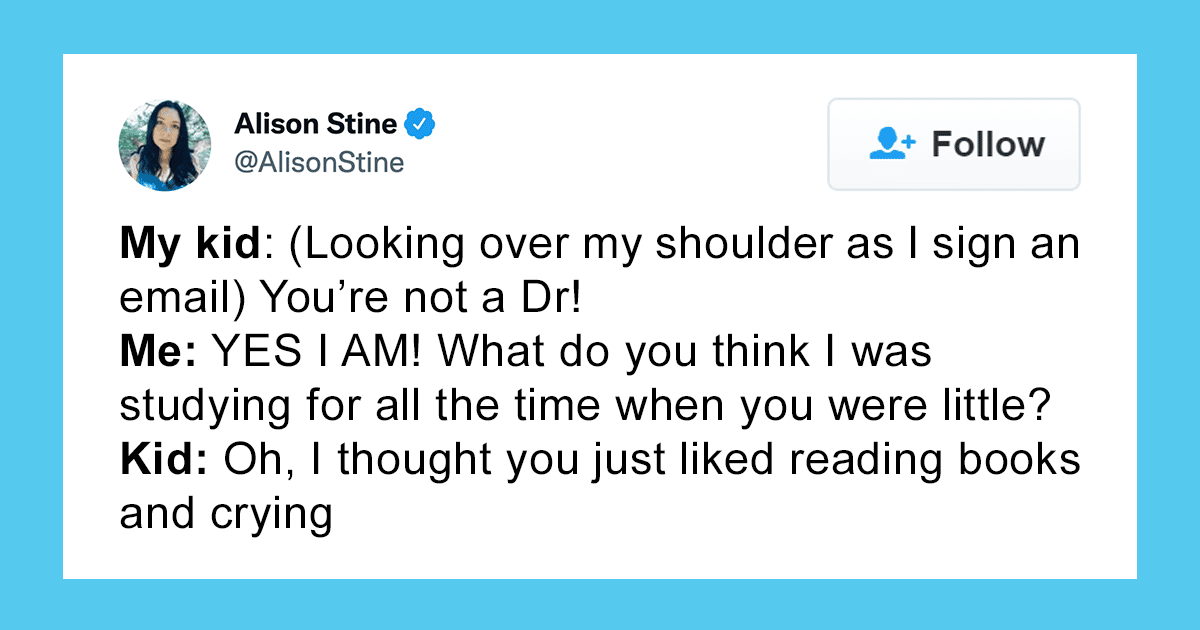Our precious baby angels seem like the incarnation of innocence, curiosity, and the life ahead of them, so you wouldn’t expect this level of sassiness from them.
Children are notorious daredevils and they serve shock bombs to their parents.
We are looking at times when parents were put in their place not by their bosses, but by their own children. Being flattered by your offspring is not always the best feeling in the world, so parents would rather remain silent about it.
You can scroll down through the funniest ones.
1.
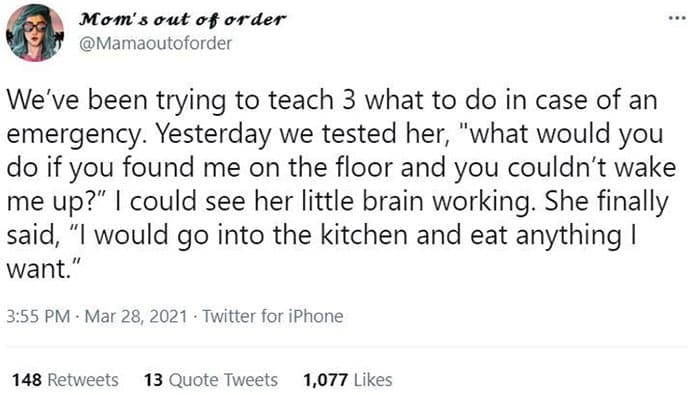
2.

3.
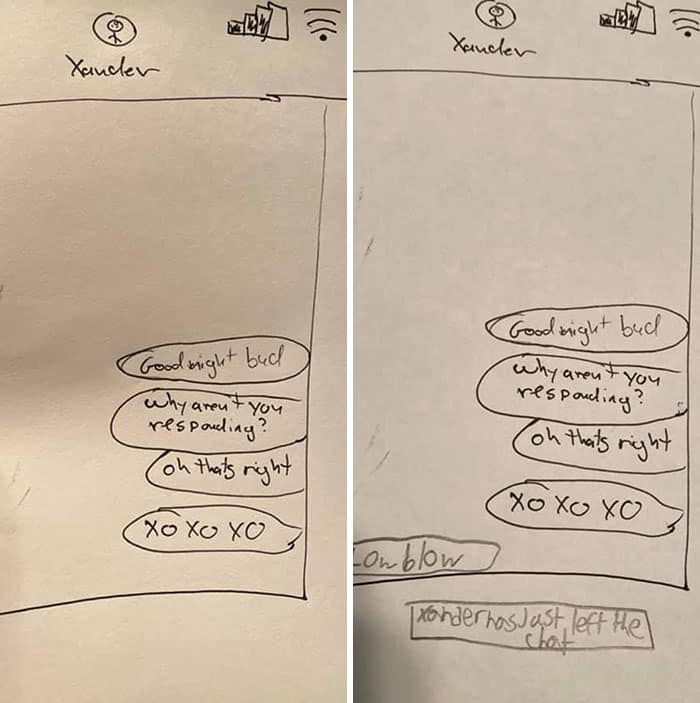
While many kids humble their parents now and then, reminding them they have their own view of the world, which is just as valid, if not, even more, some children take this behavior to a whole new level. On some occasions, children become too assertive and bossy, not only knowing what’s best for them but also being sure what’s best for others.
4.
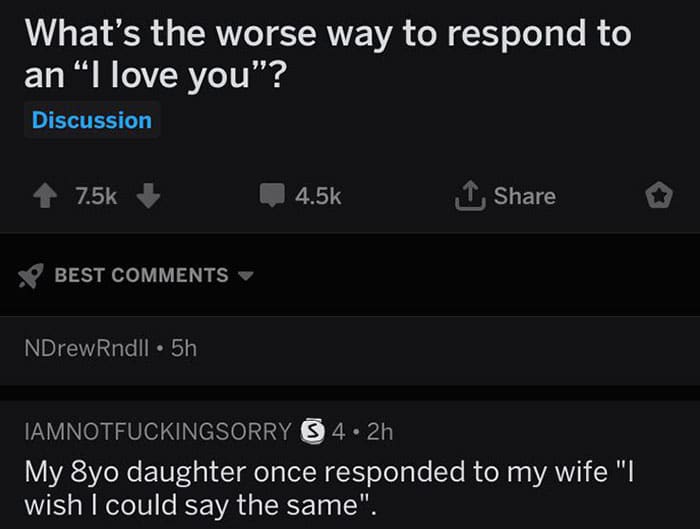
5.
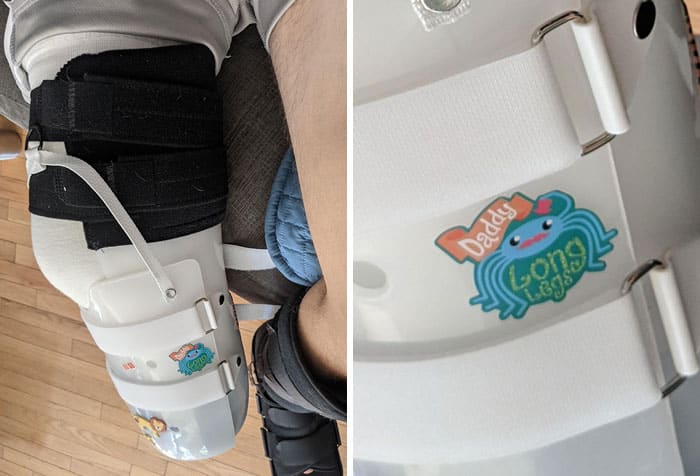
6.
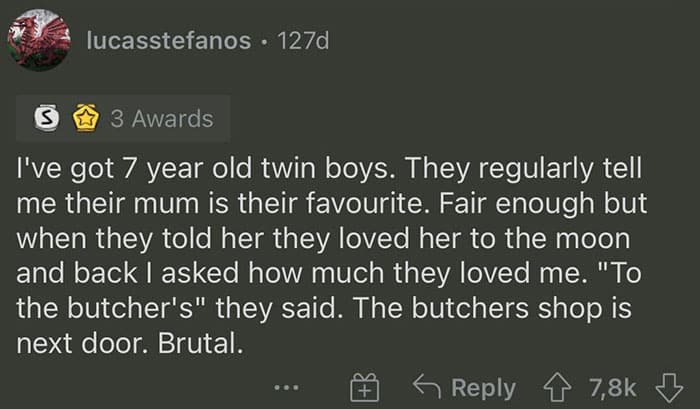
As children begin to explore power in a social context with peers and within the parent-child relationship, bossy behaviors usually appear. A child who has a great idea in mind and who needs others to bring it to life is a sign that a child is bossy. Put the castle here. You play the baby and I play the mom. A child is in control of a situation. A child is unsure about who makes the final decisions in the household, so he asserts his own power. Go for the cookie before dinner. I want it now!
7.
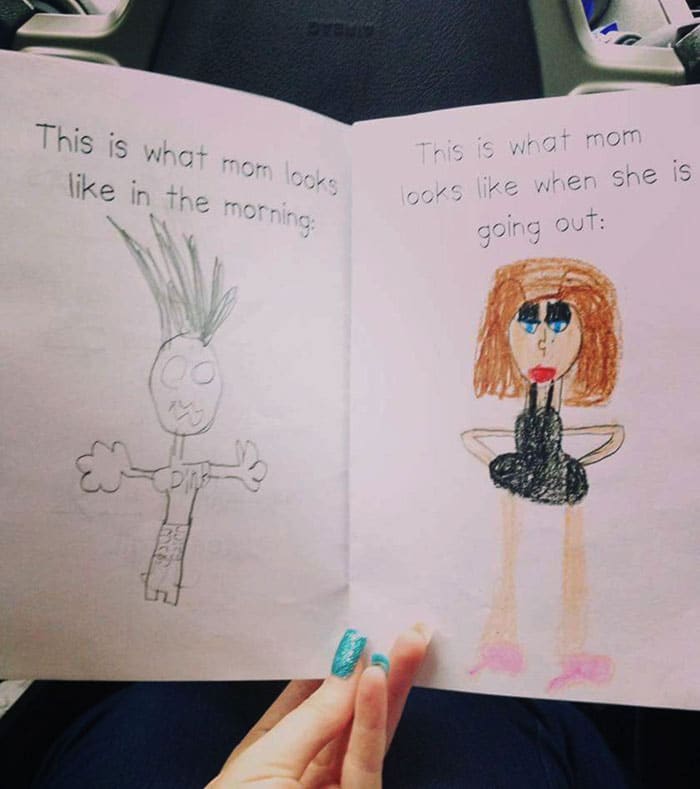
8.
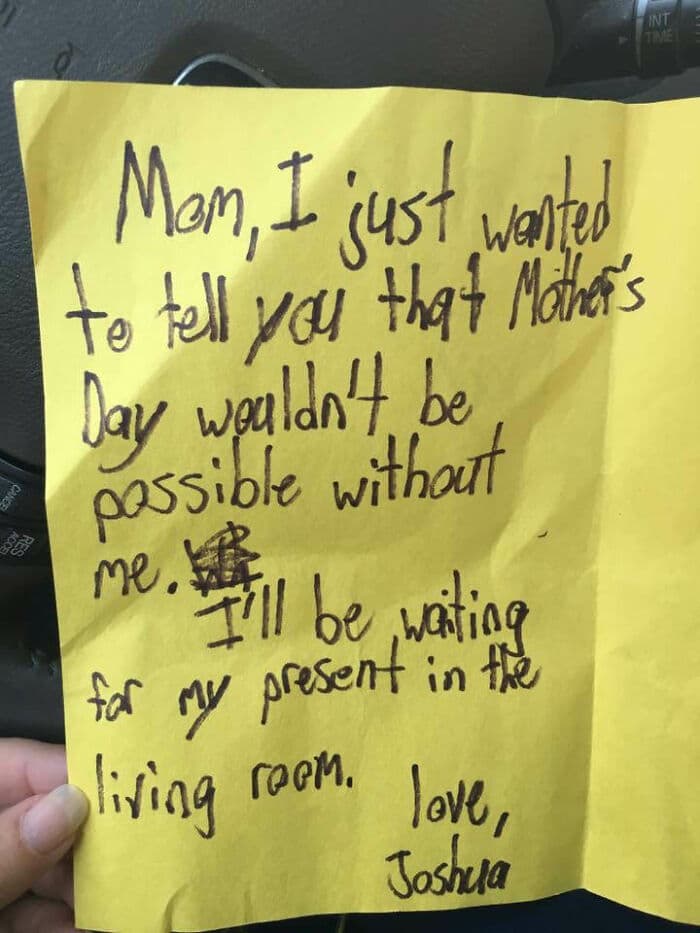
9.

Bossy behavior in kids can be brought out by confusion about who makes decisions at home and inconsistent parenting, which is why parents are often to blame. It is important for parents to establish clear rules and boundaries at home so there is a little room for the grey area as possible.
When parents fail to stand up for themselves, some children carry on with dominating behavior. New rules may be hard to set if the child is an adult and sees himself as an independent.
10.
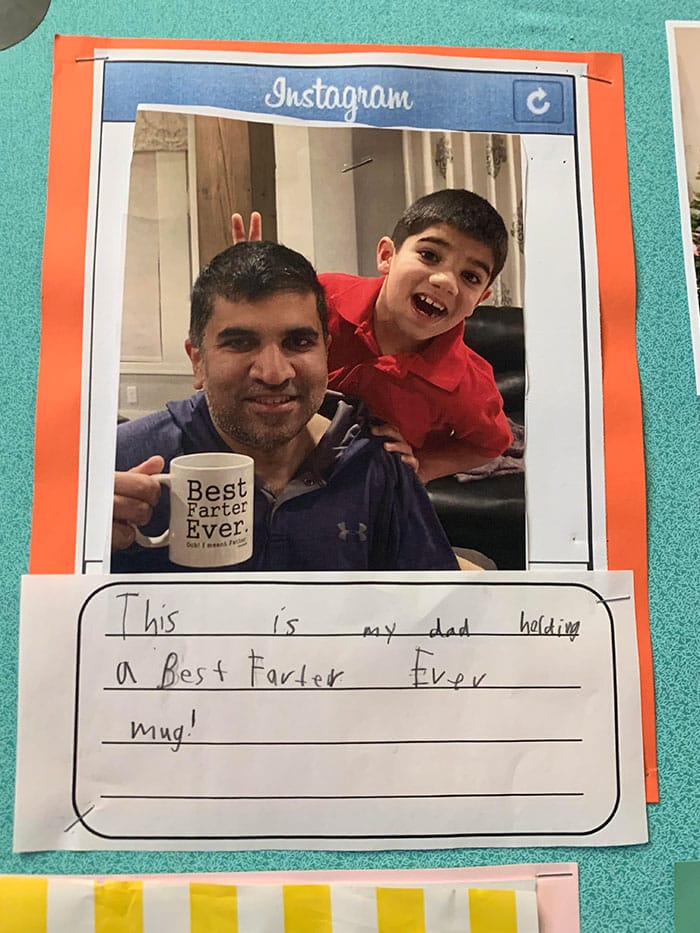
11.
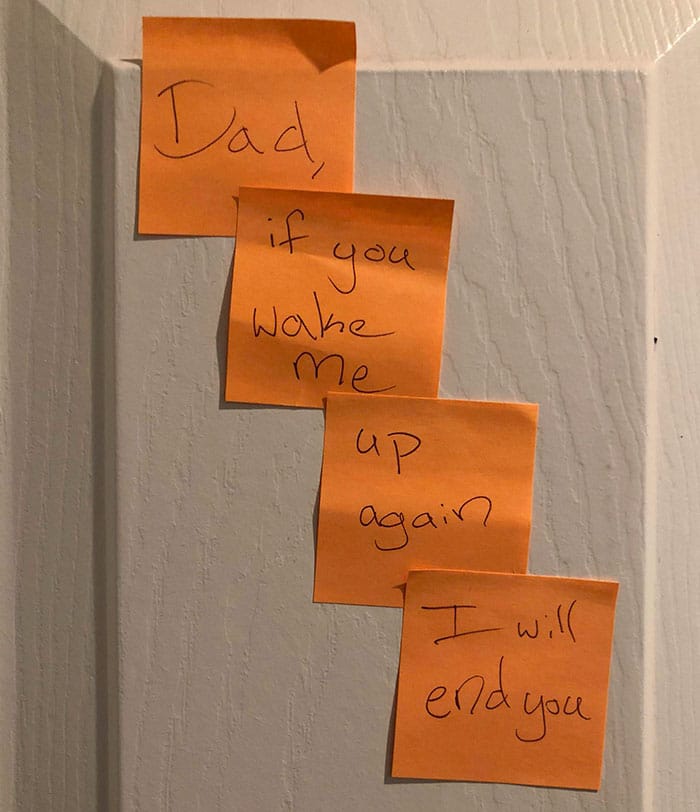
12.

Lynn How, a professional educator with years of experience working with kids and the author of Positive Young Minds, spoke with us to find out more about such instances. “Both parents and children should have mutual respect for each other’s space. The children should remember that they are now adults and their parents should not be picking up after them,” she told us and added that “They should also offer to help with cooking and cleaning.”
13.
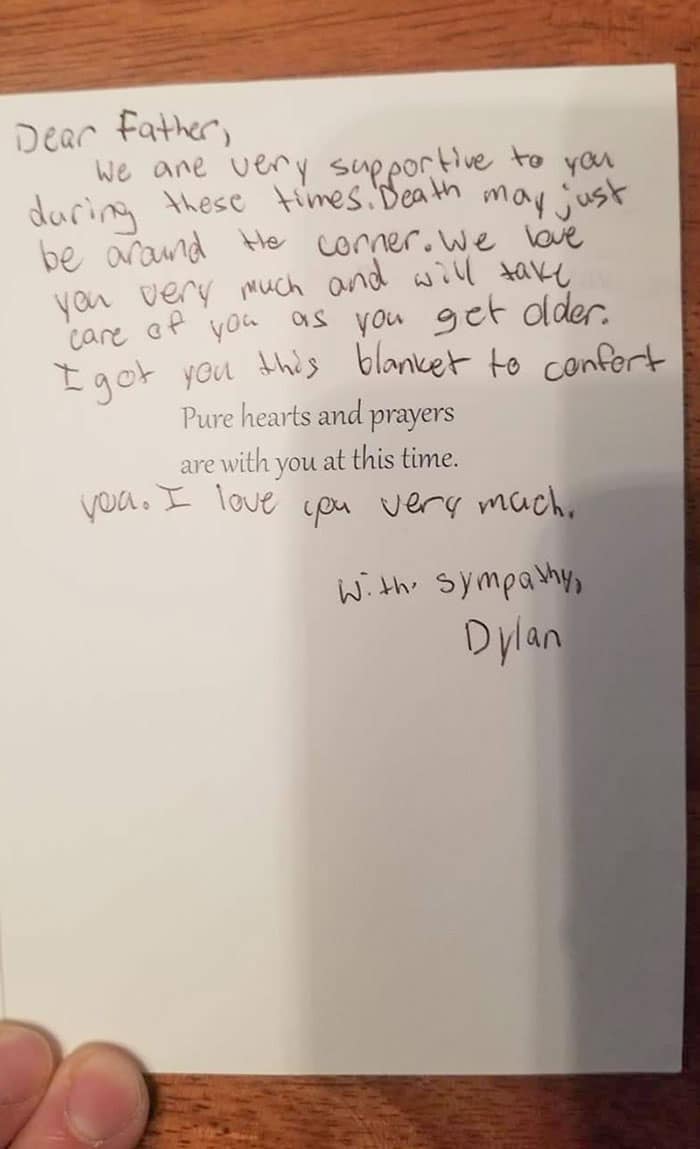
14.

15.
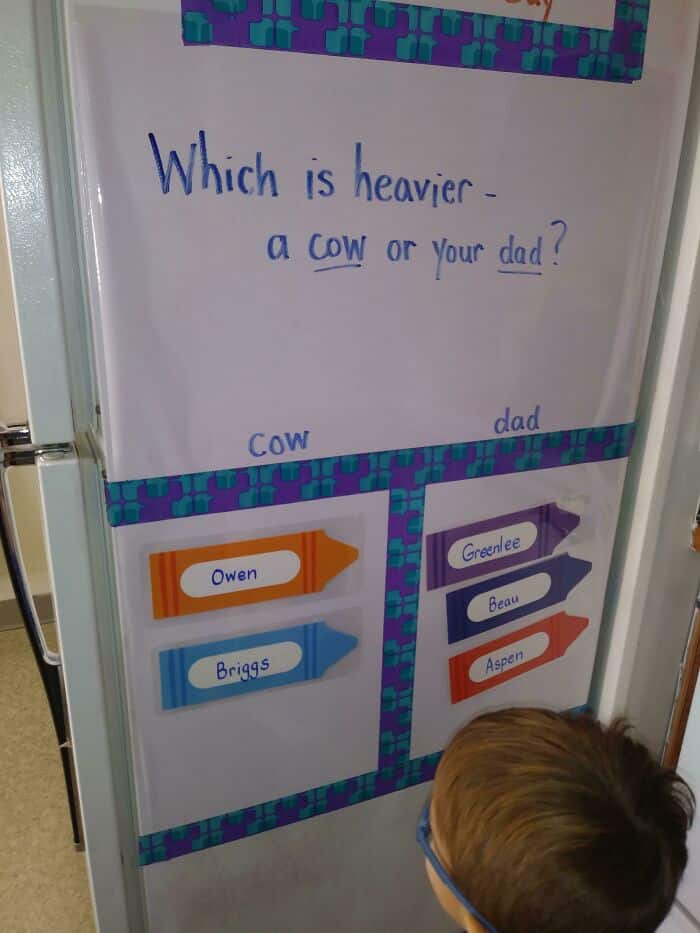
Having said that, Lynn argues that “parents should not be treating their adult kids like children (unless they are behaving like them!) and should encourage their children to help out, learn to cook, etc. for when they do move out.” Meanwhile, according to her, “adult children with jobs and who pay rent and contribute to the household should be free to buy what they want if it doesn’t impact the parents’ house – A room taken over by a new drum kit might be a step too far, for example!” The life coach said that parents may need to share their opinion tactfully.
16.
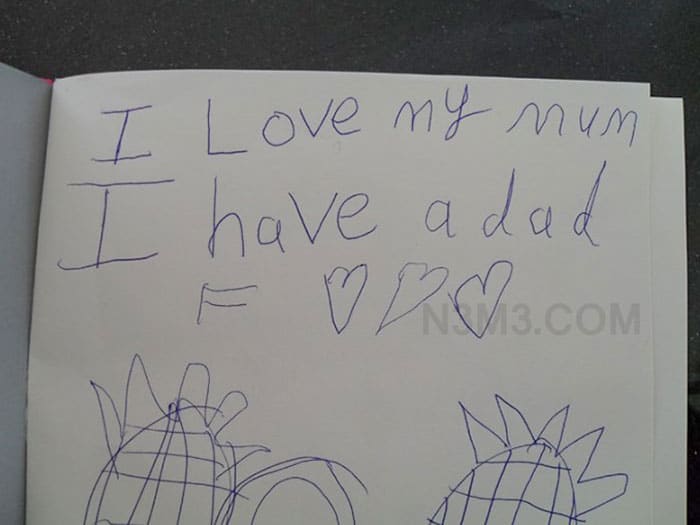
17.
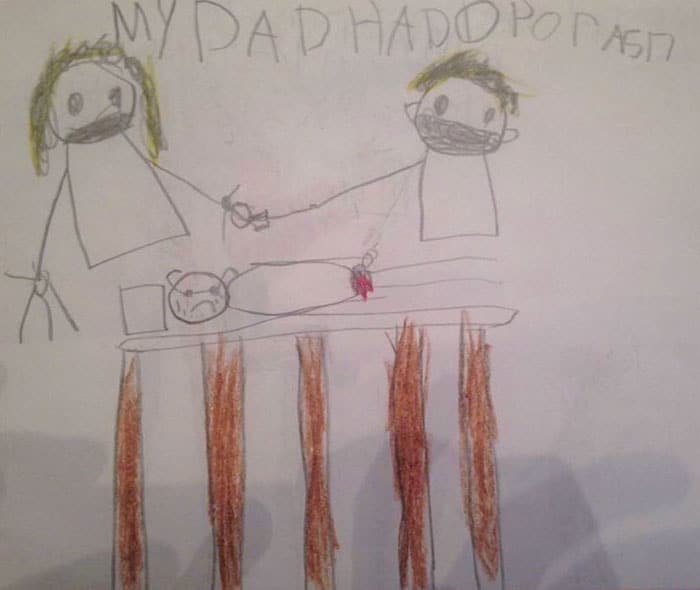
18.
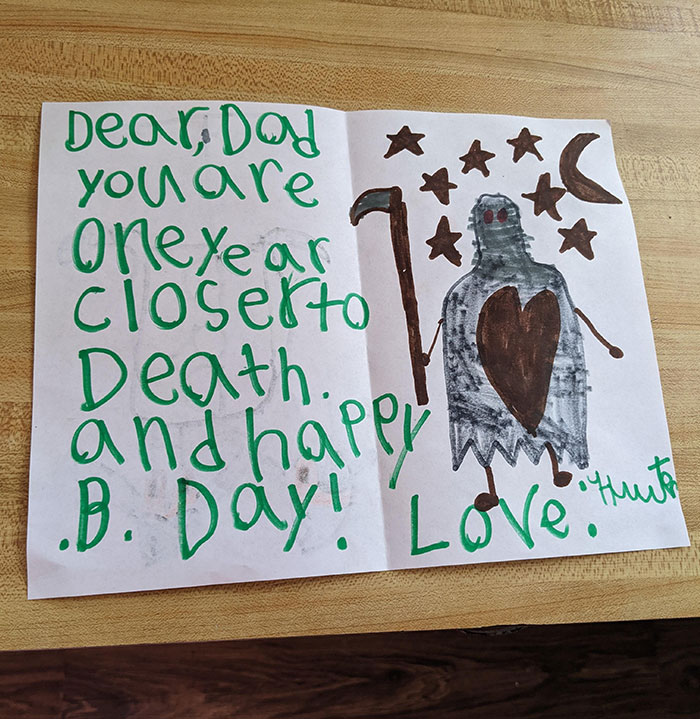
19.



